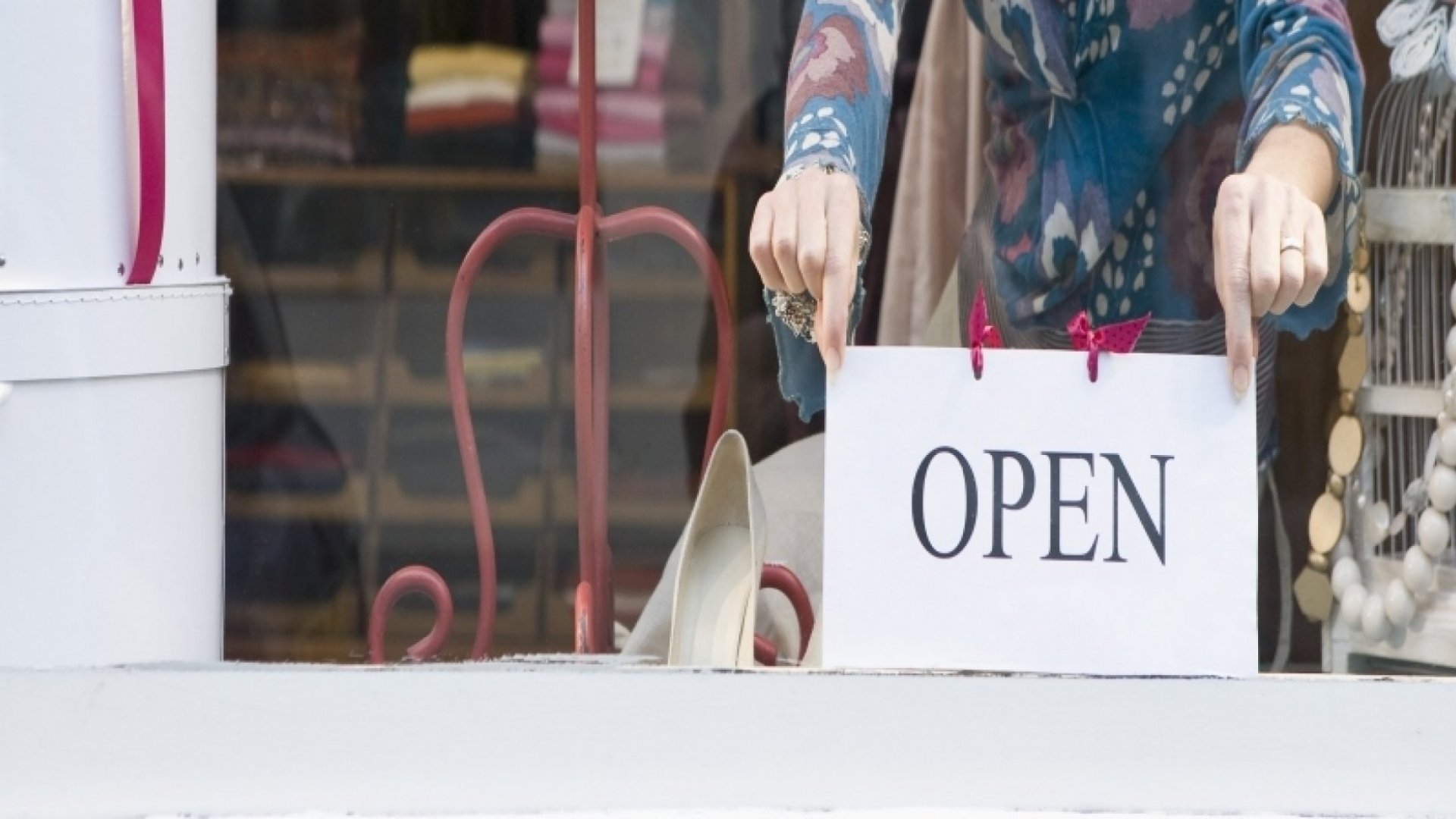How Small Businesses Can Advocate for LGBT Rights
While large companies have made headlines about their actions to advocate for LGBT rights in Indiana and, most recently, Georgia, Mississippi and North Carolina, small businesses can--and should--also take action on their own turf. Small businesses--especially those reliant on money from tourists--are being hit hard in states like North Carolina as a result of canceled events in response to anti-LGBT bills. While they may not have the economic clout of a PayPal, which cancelled its $3.6 million investment in North Carolina, pro-LGBT small business owners can take action in response to anti-LGBT legislation.
For small business owners wanting to move markets and mores toward greater LGBT equality, a recent CTI report describes three models of engagement that businesses of any size can follow:
The Advocate model. Under this model, the company tries to change the climate of the state in which it does business. That's what the CEO of Automated Insights, a software company based in Durham, NC, did recently by joining 120 other CEOs in signing a letterauthored by Equality NC and the Human Rights Campaign that calls for the repeal of the House Bill 2 limiting the use of public restrooms by LGBTs. Other North Carolina small business owners are posting pro-LGBT/anti-discrimination placards in their windows.
Tony Cope--co-owner of Myriad Media, a Raleigh-based production company--shared his concerns with the wider community on the web, writing a blog expressing his disappointment over bills he calls "discrimination."
The Embassy model. This term comes from the idea that companies become states unto themselves with their own culture. Through internal policies that support LGBT talent, they can become ambassadors for LGBT advocacy in the external community.
In jurisdictions without government protection, small business owners can implement pro-LGBT policies within their workplaces. These policies may include: engaging employees in LGBT training sessions; equalizing domestic and health benefits offered to same-sex families; and providing facilities and procedures that accommodate transitioning employees, such as building all-gender/unisex bathrooms. Chef Clark, owner of Heirloom restaurant in Charlotte, turned his single-stall men's and women's toilets into unisex restrooms. In a recent article in The News Observer, he explained why: "We have a lot of employees who are part of the LGBT community. It would be hypocritical not to oppose HB2."
Additionally, what makes a place where LGBT talent can thrive? Allies -- people who support or work as LGBT advocates -- play a decisive role in creating an open community where LGBT workers feel accepted, valued and comfortable being who they are. The more visible and vocal the allies are at a firm, the more comfortable LGBT people are being themselves and the more likely they are to stay at their current organization. Companies in the vanguard around LGBT equality are creating ally networks that invite straight colleagues to support their LGBT co-workers either by sponsoring LGBT individuals and groups, participating in company events, or simply displaying some sort of ally identification in their workspace, such as a rainbow flag, rainbow-colored "tent card," ally decal, sticker or coffee mug.
The When in Rome model. The When in Rome model describes instances where a company creates exceptions to pro-LGBT policies when it's necessary to conform to a particular anti-LGBT jurisdiction. While this approach is not desirable for a pro-LGBT company, it is sometimes unavoidable. The "When in Rome" model suggests that business owners be very transparent with their employees or potential employees about the policies and protections they can offer considering the jurisdiction. Transparency is a key element to this model. It's important that employers don't penalize employees who do not feel comfortable with moving to a company site in which the jurisdiction is LGBT-hostile.
Business owners who stand up for LGBT people--including their own employees, clients, vendors and consumers--promote justice while also serving their bottom line. On this International Day Against Homophobia, Transphobia and Biphobia, leaders of large and small businesses must take action and fight for LGBT equality.


